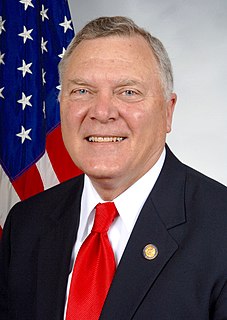A Quote by Arthur Levitt Jr
But when that information travels only to a privileged few, when it is used to profit at the expense of the investing public, when that information comes by way of favored access rather than by acumen, insight or diligence, we must ask, 'Whose interest is really being served?'.
Related Quotes
Students and scholars of all kinds and of every age aim, as a rule, only at information, not insight. They make it a point of honour to have information about everything, every stone, plant, battle, or experiment and about all books, collectively and individually. It never occurs to them that information is merely a means to insight, but in itself is of little or no value.
There is a real hunger for information about Obama and a sense that information is not being covered or, in some cases, even being withheld. There is a sense that there are elements of the media that are protective of Obama, that they would rather block a story that is embarassing about Obama than let the American public decide.
Normally if you add information to information, you have more information. In case of my art, I destroy information, I would say, because the image is disturbed by the writings. In a way, they become pure imagery. For me it's really fun because it's an idealistic approach to images, to just play around with information and see what's happening.
We really are living in an age of information overload. Google estimates that there are 300 exabytes (300 followed by 18 zeros) of human-made information in the world today. Only four years ago there were just 30 exabytes. We've created more information in the past few years than in all of human history before us.
We have more information - a glut of information - than ever before, and perhaps less knowledge. That's what's peculiar. And the only way you can deal with it, I suppose, is to make fun of it. I would rather watch Comedy Central for the news than I'd like to watch any other program on television. Maybe that shows you the state of affairs.
I would like to see transparency become the default for the American government: Abolish the Freedom of Information Act so we don't have to ask government for information but government must ask to keep information from us. The more transparent government is, the more collaborative it can become. The more our officials learn to trust us - with information and a role in government - the more we can trust them.
If you think of dramaturgy in North America, which is so realistic and so literal sometimes, sometimes what theaters - especially dramaturgs - ask for is more information, which sometimes can really weigh down a play. There's only so much information a play can have. If you start putting in so much information, it becomes something completely different, it doesn't sing.
































